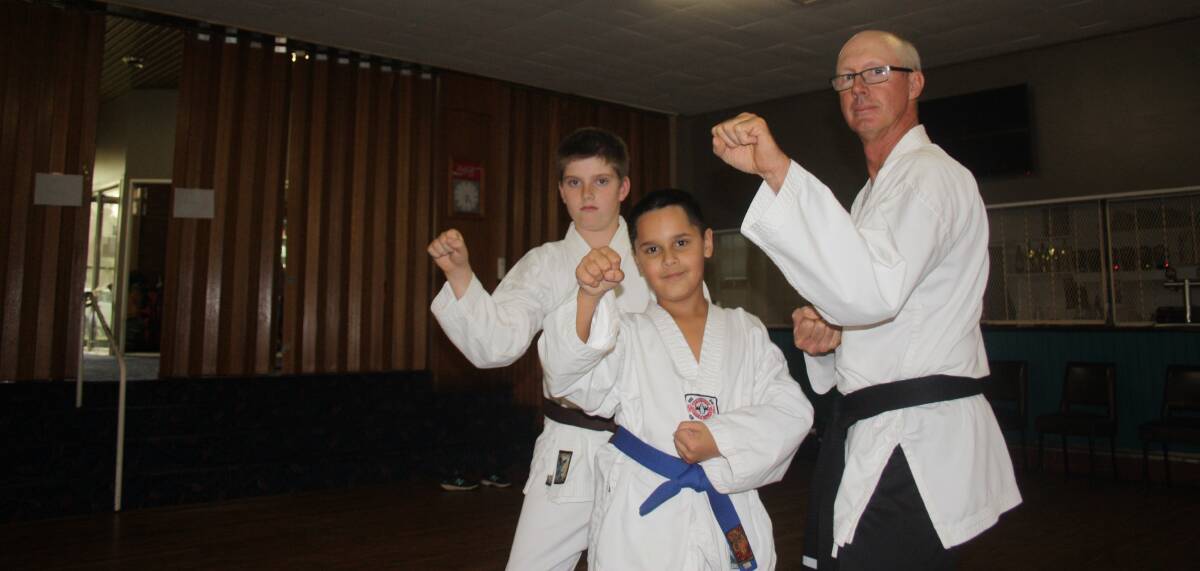
Less than one per cent of Australians would know how to effectively defend themselves during an attack.
Subscribe now for unlimited access.
or signup to continue reading
It is a statistic that Junee martial arts educator John Leak sort to change when he founded Aus SelfDefence.
He is hoping to significantly reduce instances of violence in rural communities when he launches the Rural Safety initiative at Eurongilly Hall on July 28.
“There’s been a lot of talk about personal safety and what that might mean,” said Mr Leak.
“Often it gets twisted and lost behind the politics, but it is something we all have to take seriously.”
It can become the trigger issue, oft debated by those who advocate for other empowering the potential victim with defence strategies, or changing the attitudes of the assailant.
Mr Leak argues that to see societal change, the two should not be considered exclusively.
“It’s got to be about changing society, but we do need to learn the ways to prioritise our safety while we work on making that lasting change.”
Mr Leak believes the reason personal safety has become a hot topic in recent years is based on its prevalence in the online world.
“It’s always been this way, there has always been violence and they have always been attacks,” he said.
“We’re all seeing it a lot more now, we’re seeing it on social media and we start to think it’s happening all around us.”
Domestic violence is an enormous problem across the state, with the Riverina sitting in the top 20 highest regions for AVOs.
Mr Leak believes communities need to first address the reoccurring stresses that can lead to instances of violence.
Beginning in Eurongilly, the SelfDefence team have given themselves the ambitious task of bringing their personal safety message to small centres all over the state.
“We want to visit at least one rural town in every shire around NSW over the next 18 months,” Mr Leak said.
Working alongside local community services, the Aus SelfDefence workshops will provide tools to holistically manage stress.
“We’re going to farming communities, where people are just being pushed from every direction.
“They’re often isolated, they might be struggling from the lack of rain, and when they’re feeling that stress, where can they look for help?”

